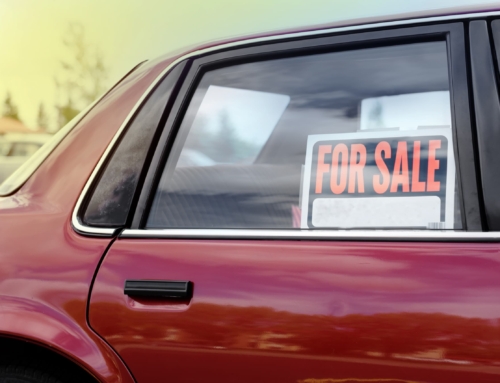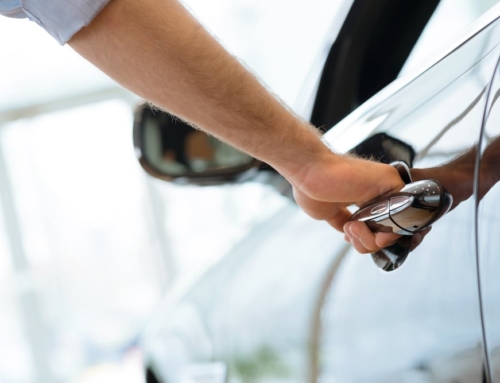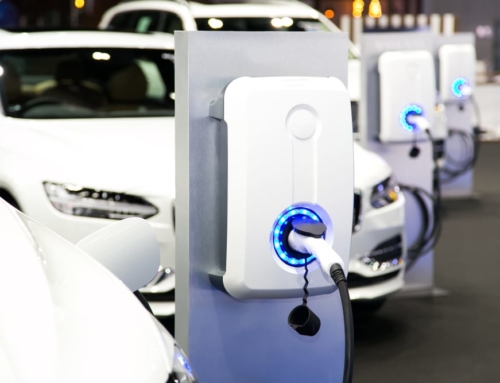Do you need to pump up your year-end donations? You might want to consider donating, rather than selling your used car.
If the spirit of the season is making you feel like doing some good, there’s plenty of good all around if you donate your car to a worthy charity rather than selling it.
Donating your vehicle to a charity allows the charity to make money by reselling the car. You get a tax break and the satisfaction of knowing you’ve done some good. But before you pick out your charity, keep these things in mind:
Make sure your charity is a 501 C 3 organization. If it isn’t, you won’t be permitted to take a deduction on your taxes, which is a big part of why you’re donating and not selling your vehicle. If you’re not sure about the charity, ask to see a copy of their IRS determination letter. Finally, beware of middlemen organizations. Some will sell the car and often keep a large portion of the proceeds and donate only a small amount to the charity.
It’s up to you to determine the value of your vehicle. For help, you might want to turn to the Kelly Blue Book at www.kbb.com or www.edmunds.com. Is your car worth more than $5,000? You’ll need to get a written appraisal. Try a local dealer or Carmax www.carmax.com.
Obviously, you’ll need to make sure you have a clear title to the vehicle and it is lien-free. Also, most charities won’t take a car that isn’t in working order. Once everything is in order, you’re ready to choose your charity.
Many charitable organizations will take a used vehicle. The National Automobile Dealers Association offers a list of 200 charities at their website, www.nadaguides.com. The American Cancer Society receives about 18,000 cars each year and raises $5 million to support their work. They’re at www.cancer.org. The Polly Klaas Foundation, which helps find missing children, reportedly raises a significant portion of their foundation operating budget each year through used car donations.
But there are plenty of organizations that would love to have a used car that’s in good, working condition. Try contacting your local house of worship, homeless or women’s shelters or local charities you support.






Leave A Comment